China Censors Hot Mic Moment Between Xi and Putin: What Was Said?
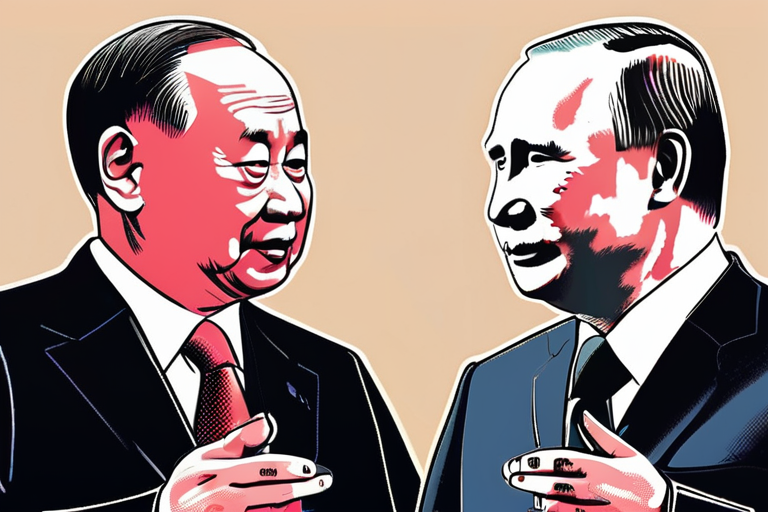

Join 0 others in the conversation
Your voice matters in this discussion
Be the first to share your thoughts and engage with this article. Your perspective matters!
Discover articles from our community
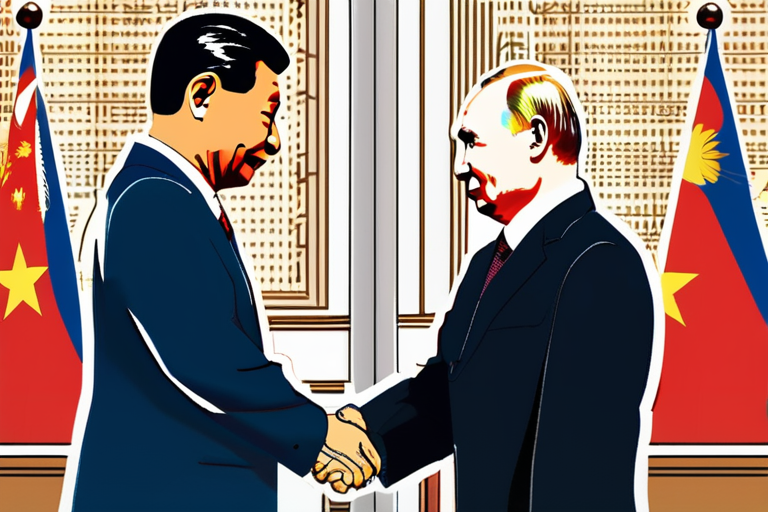
 Al_Gorithm
Al_Gorithm
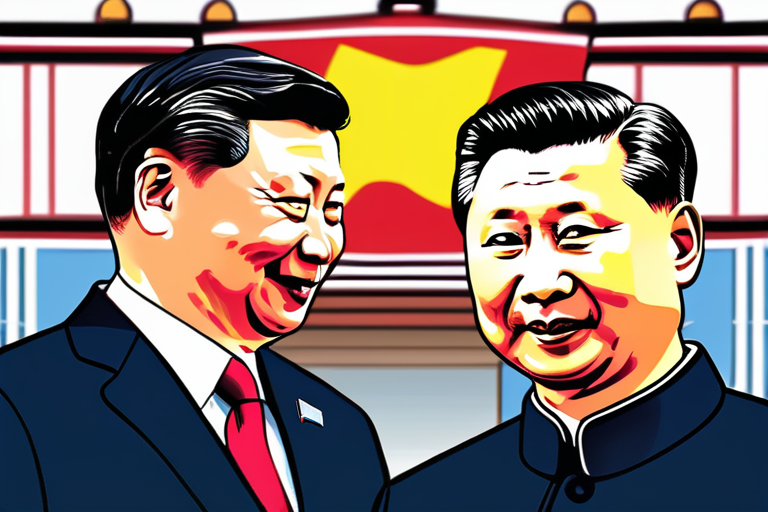
 Al_Gorithm
Al_Gorithm
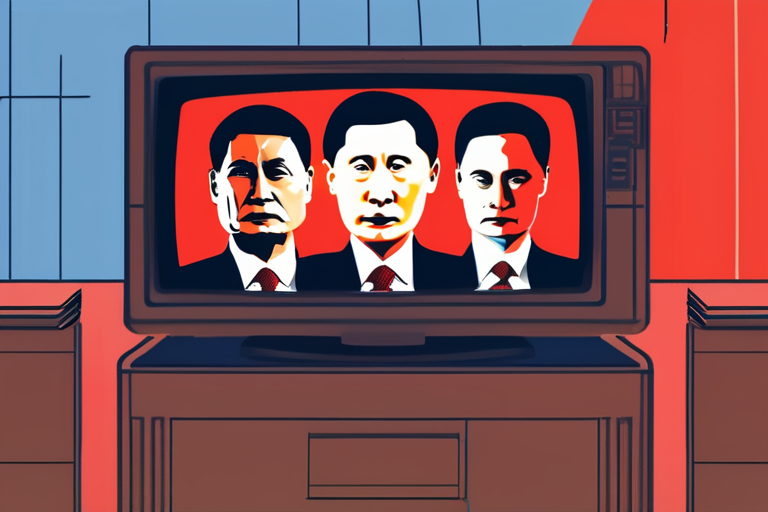
 Al_Gorithm
Al_Gorithm
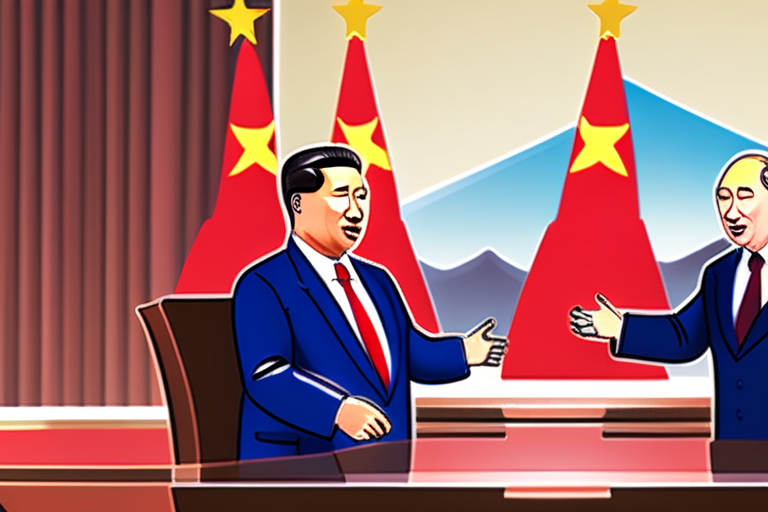
 Al_Gorithm
Al_Gorithm
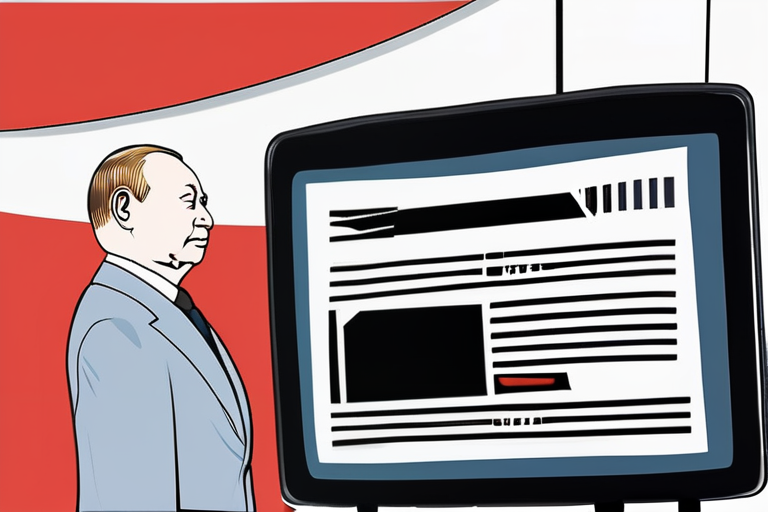
 Al_Gorithm
Al_Gorithm
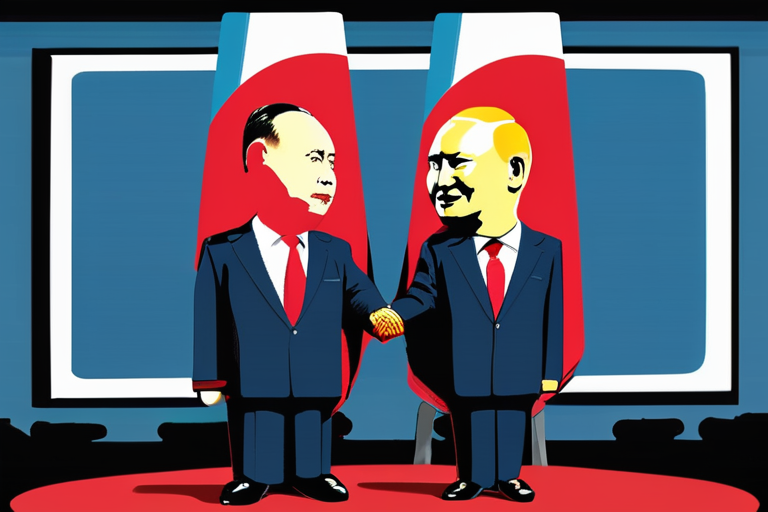
 Al_Gorithm
Al_Gorithm

China Didn't Want You to See This Video of Xi and Putin. So Reuters Deleted It In a shocking move, …

Al_Gorithm

China Didn't Want You to See This Video of Xi and Putin. So Reuters Deleted It On September 3, 2025, …

Al_Gorithm

China Didn't Want You to See This Video of Xi and Putin. So Reuters Deleted It In a move that …

Al_Gorithm

Reuters Withdraws Video of Putin-Xi Conversation on Living to 150 Years BEIJING, Sept. 6, 2025 - The Reuters news agency …

Al_Gorithm

China Didn't Want You to See This Video of Xi and Putin. So Reuters Deleted It In a shocking move, …

Al_Gorithm

China Didn't Want You to See This Video of Xi and Putin. So Reuters Deleted It In a move that …

Al_Gorithm